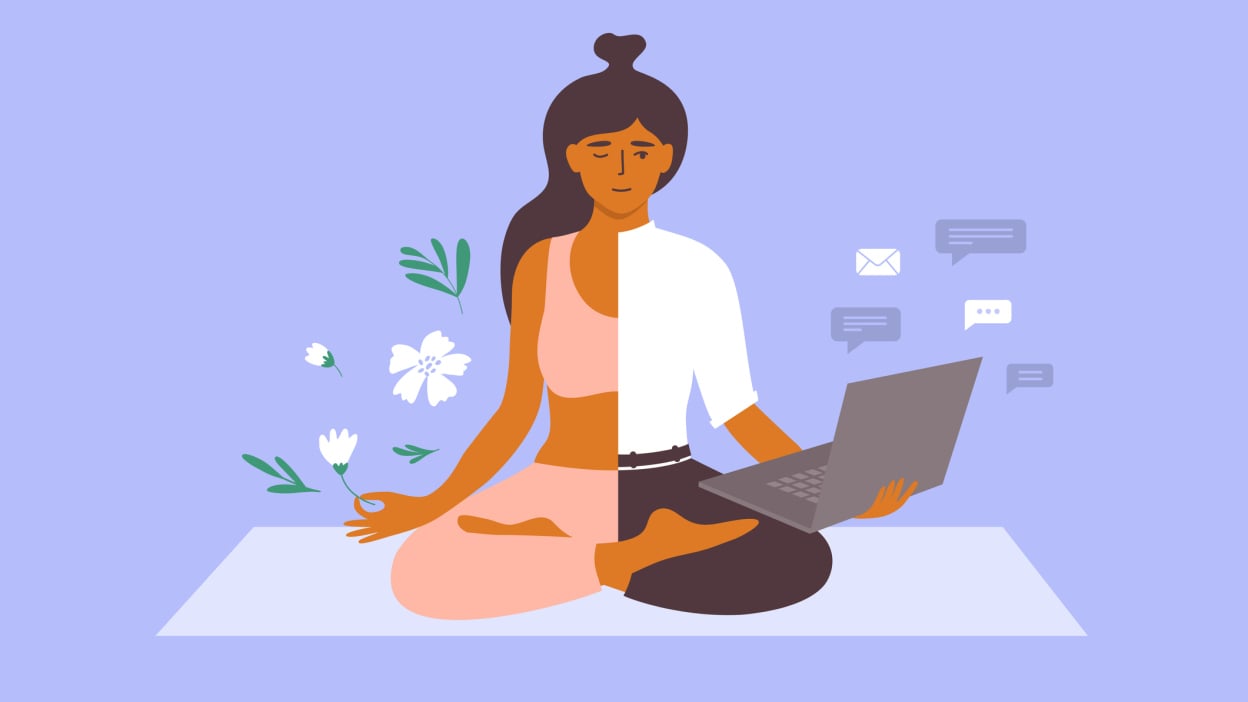Introduction:
In today’s fast-paced and demanding world, the concept of self-care has gained significant attention as a means to promote overall well-being. The importance of self-care cannot be overstated, as it plays a vital role in maintaining physical, emotional, and mental health. This article delves into the efficacy of self-care practices, analyzing routine ideas that can enhance our daily lives. By adopting a professional perspective, we aim to provide valuable insights and practical suggestions for readers seeking to optimize their self-care routines.
Section 1: Understanding Self-Care
Self-care encompasses various practices that prioritize an individual’s physical, mental, and emotional well-being. While popular media often portrays self-care as indulgent acts of pampering, it is crucial to recognize that it goes beyond mere relaxation. Effective self-care involves taking deliberate actions to maintain and improve overall health.
Section 2: The Benefits of Self-Care
Scientific research has shown that practicing self-care has numerous positive effects on an individual’s well-being. Physical health benefits include reduced stress levels, improved sleep patterns, increased energy levels, and enhanced immune function. Furthermore, self-care has been found to boost emotional resilience, decrease symptoms of anxiety and depression, and promote a greater sense of self-worth.
Section 3: Incorporating Self-Care into Daily Routines
Developing a sustainable self-care routine requires thoughtful planning and integration into daily life. The following routine ideas serve as effective starting points for individuals seeking to enhance their well-being:
Mindful Meditation: Taking a few minutes each day to engage in mindfulness or meditation practices can cultivate a calm and focused state of mind, reducing stress and increasing self-awareness.
Physical Exercise: Regular physical activity, such as walking, yoga, or strength training, not only improves physical fitness but also releases endorphins, which can uplift mood and reduce stress.
Adequate Sleep: Prioritizing sufficient sleep is essential for maintaining overall health. Establishing a consistent sleep schedule and creating a soothing bedtime routine can contribute to better quality sleep.
Healthy Eating Habits: Nourishing the body with a well-balanced diet rich in fruits, vegetables, whole grains, and lean proteins supports physical and mental well-being. Mindful eating practices can also help develop a positive relationship with food.
Creative Outlets: Engaging in creative pursuits, such as painting, writing, or playing a musical instrument, can foster self-expression, boost self-esteem, and serve as a form of stress relief.
Social Connections: Cultivating and nurturing meaningful relationships is an essential aspect of self-care. Spending time with loved ones, participating in group activities, or joining social clubs can provide a sense of belonging and support.
Digital Detox: Setting boundaries with technology and taking regular breaks from screens can help reduce stress, improve focus, and enhance overall well-being.
Section 4: Overcoming Barriers to Self-Care
Despite the benefits, individuals often face obstacles in implementing and maintaining self-care routines. Common barriers include a lack of time, guilt associated with prioritizing oneself, and the belief that self-care is selfish. It is important to challenge these barriers by recognizing that self-care is essential for personal well-being and can ultimately improve one’s ability to care for others.
Section 5: Personalizing Self-Care Routines
While the routine ideas mentioned earlier serve as a foundation, it is crucial to personalize self-care practices according to individual preferences and needs. Experimenting with various activities, reflecting on their impact, and adapting routines accordingly can help create a sustainable and fulfilling self-care regimen.
Conclusion:
Self-care is not a one-size-fits-all concept; rather, it is a personalized and ongoing journey towards holistic well-being. By understanding the benefits of self-care and incorporating routine ideas into daily life, individuals can nurture their physical, emotional, and mental health. Overcoming barriers and customizing self-care practices allows for a more profound and long-lasting impact. Embracing self-care as an essential aspect of life can lead to increased happiness, improved overall well-being, and a greater ability to navigate the challenges of daily existence with grace and resilience.

